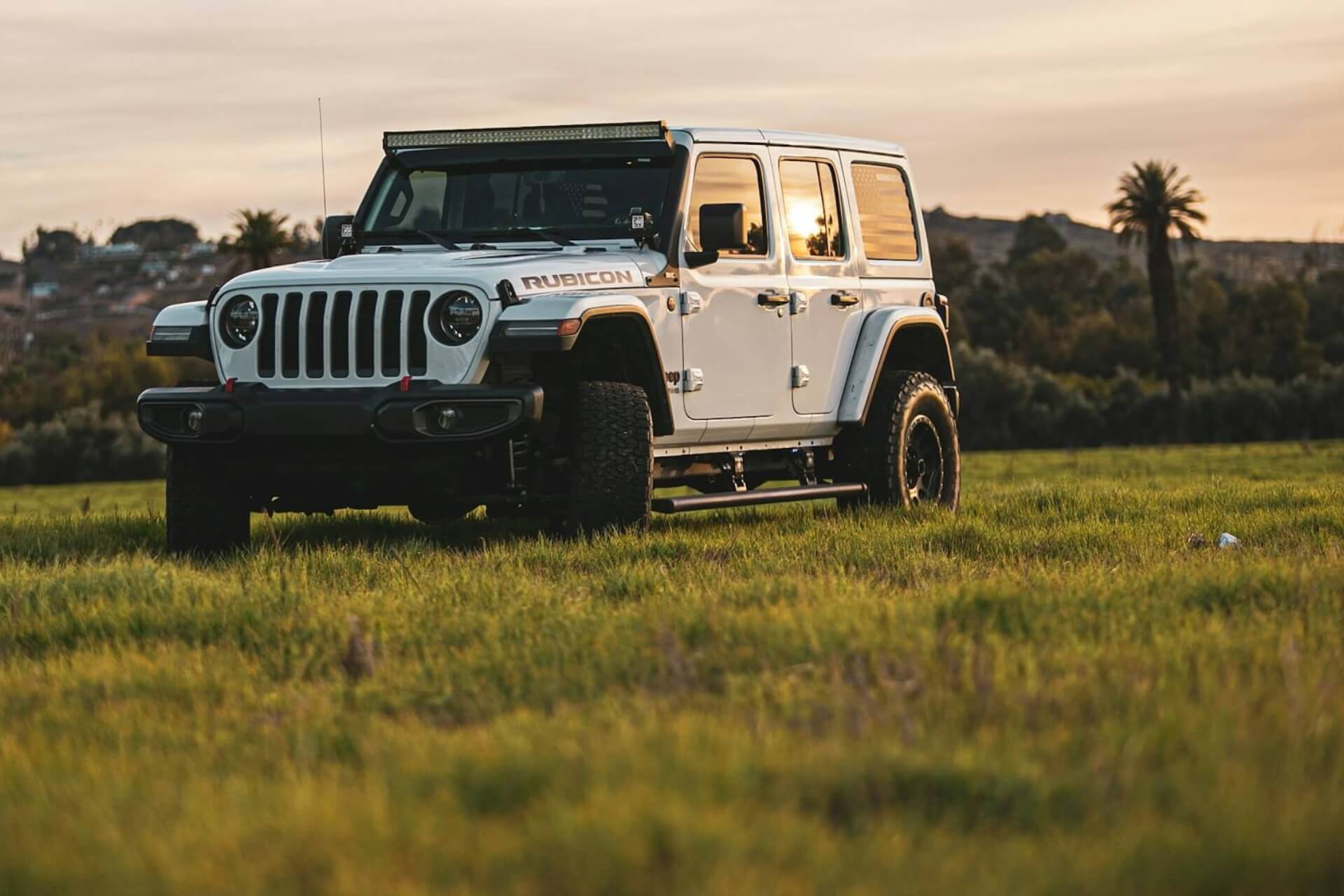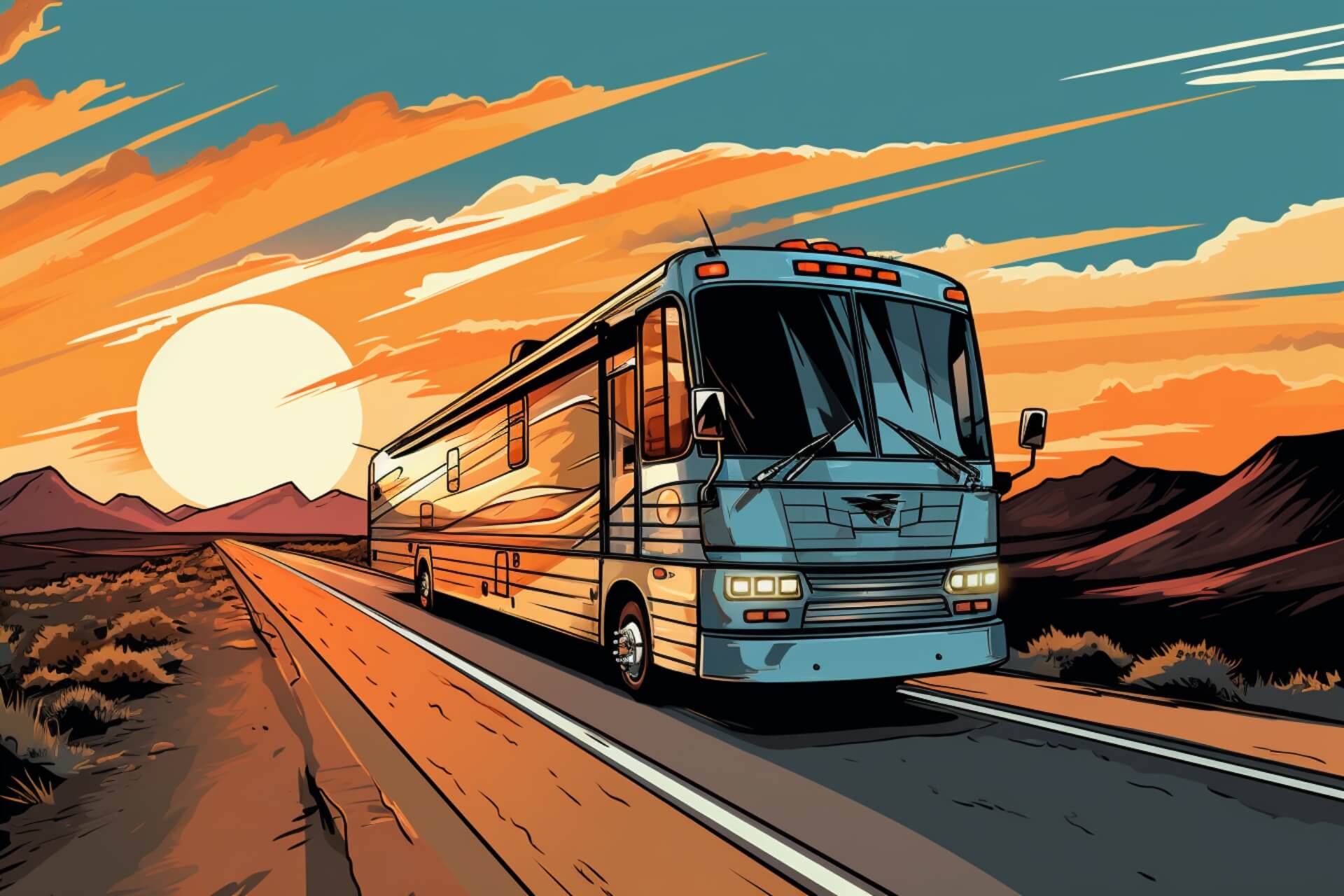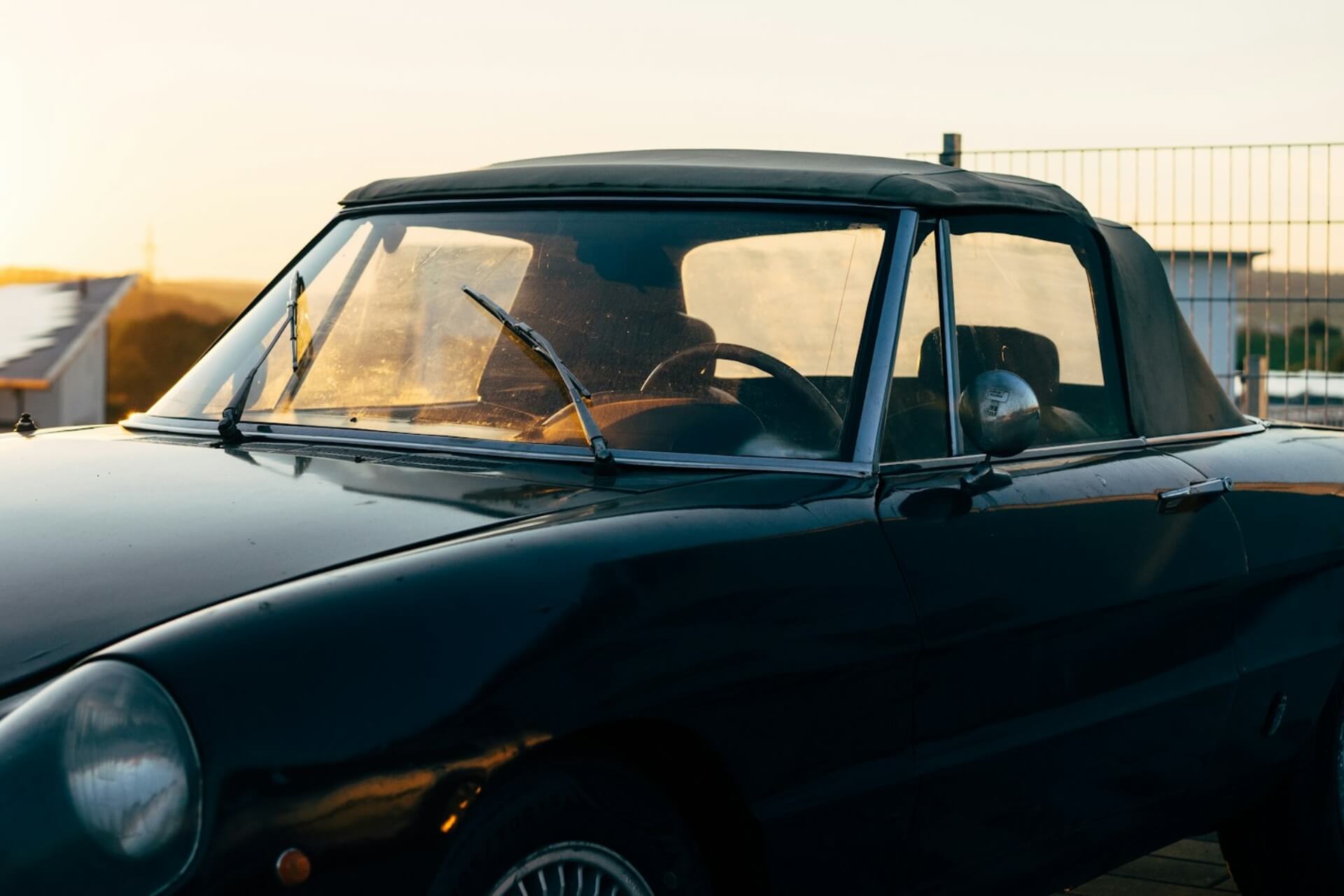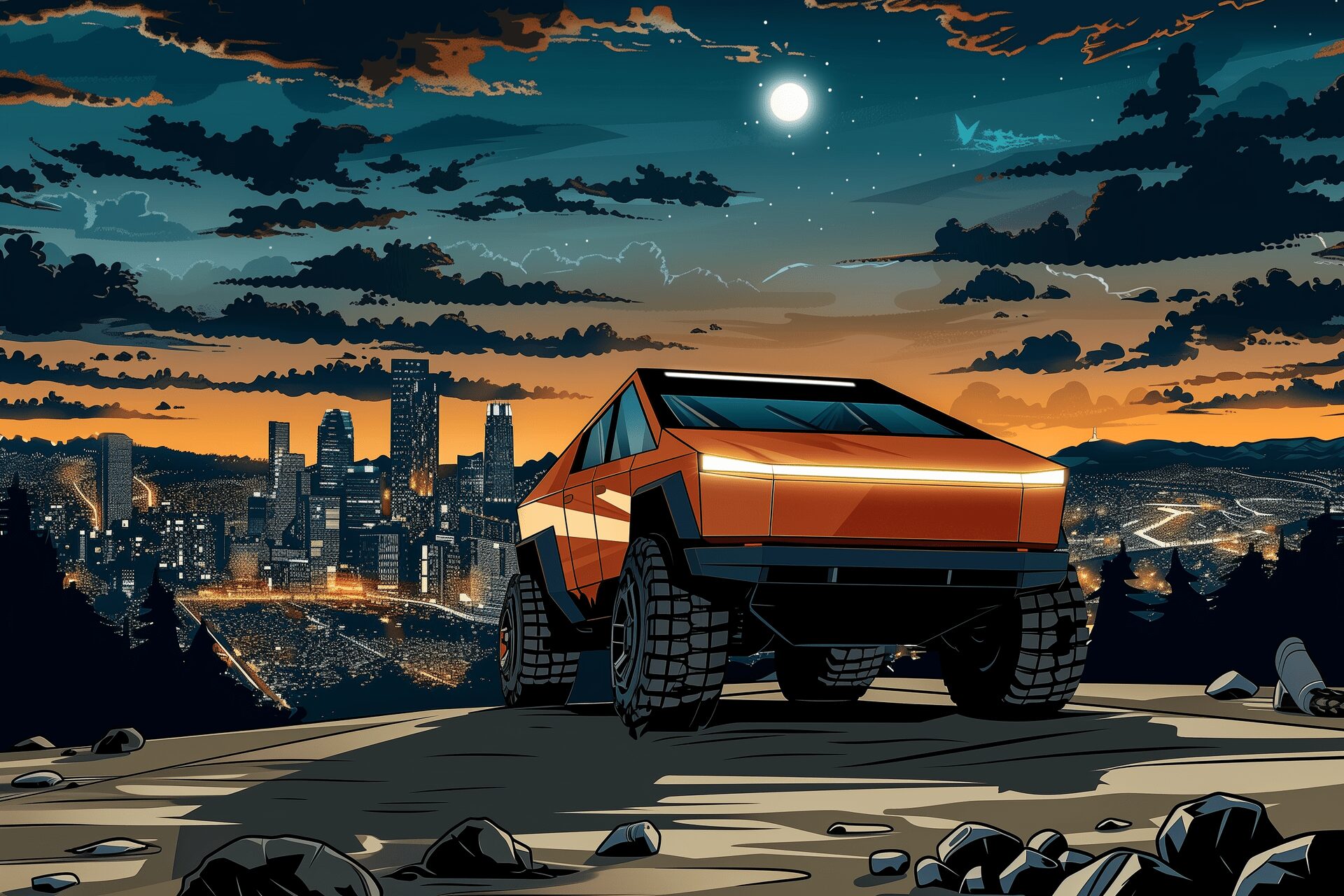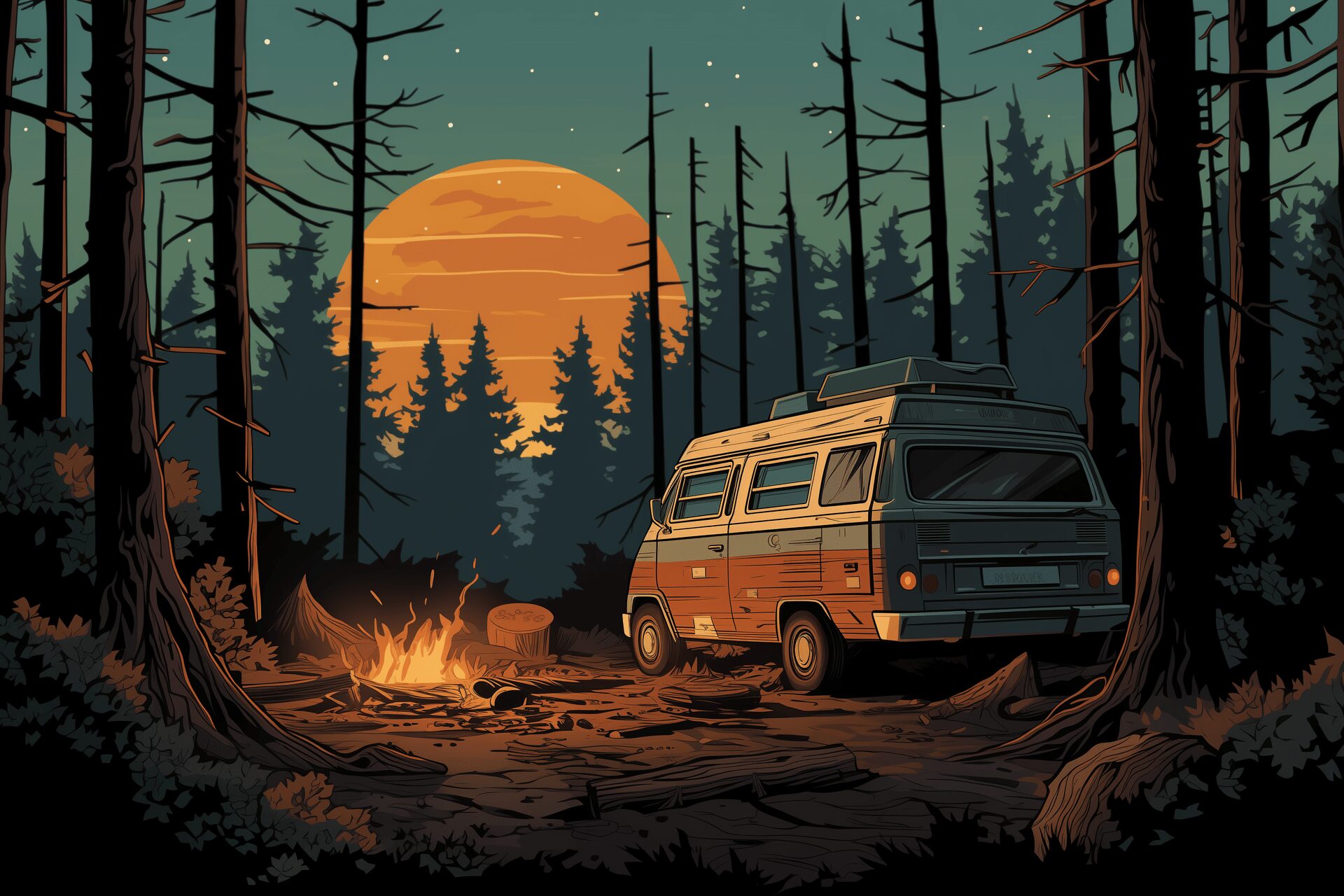
As an Amazon Associate, Modded gets commissions for purchases made through links in this post.
Are you excited to try car camping? Here’s everything you need to know to start your front-country adventure. This guide will cover the fundamentals, gear essentials and car camping tips to make your first outing in your car a breeze.
What is Car Camping?
Car or front-country camping is an outdoor activity where you bring all your gear using your car instead of a backpack. Car camping lets you carry your supplies and equipment for your outdoor adventure without worrying about weight and storage space.
It’s a convenient way to experience the outdoors since you can park next to your campgrounds or public land designated for dispersed camping. All you have to do is unload your gear and set it up. Car camping is an excellent way to connect with nature while maintaining comfort and convenience.
Why Go Car Camping?
There are many reasons to try car camping. Here are some of the best things about it:
- Comfort: Have you ever gone backpacking and wished you could have brought a full-size pillow or more comfortable bedding? Car camping is more comfortable since you can get all the creature comforts you want or need. Want to catch up on your favorite show over the weekend? Bring your tablet or laptop and binge-watch under the stars.
- Convenience: Car camping lets you park your vehicle close to or inside campgrounds, depending on your chosen location. Also, many dedicated campsites have electricity and water connections to hook up your devices and quickly access water for washing.
- Safety: Car camping allows you to sleep inside your car if you prefer to leave the tent at home. Sleeping inside your vehicle is safer than pitching a tent on unfamiliar grounds. Just make sure you turn your engine off to ensure you avoid carbon monoxide poisoning.
- Fun: One of the top advantages of car camping is all the fun you can experience outdoors. You can drive up to campsites with amazing views, set up chairs and tables and enjoy an entire weekend of glamping. You’ll feel recharged after soaking up all nature has to offer. You can even enjoy a quick start to your hikes if you park next to hiking trailheads.
How to Pick a Car for Camping
You can use just about any 4-wheel vehicle for car camping. Although some cars with 4×4 or all-wheel drive capabilities — like pickup trucks and SUVs — are the weapon of choice of many car campers, you can use a sedan or crossover to enjoy the great outdoors. Some seasoned campers can go on long trips using a small hatchback with the proper setup.
No matter the type of car you plan on using, remember to make sure it’s road-worthy and reliable on different kinds of roads to ensure your safety and others while driving.
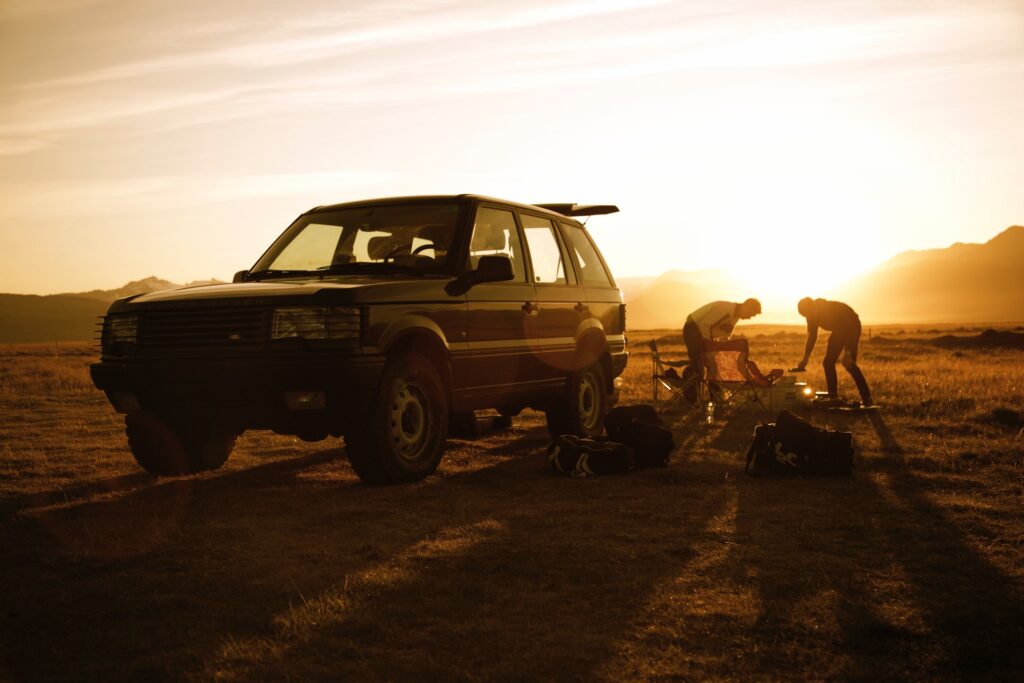
Car Camping Essentials
Have you decided to go on your first camping trip? Ensure your bases are covered to guarantee a smooth and relaxing outdoor experience. Here are some car camping essentials you should bring.
Clothing
Camping outdoors is an excellent way to break away from the stress of daily life. Reinvigorate yourself by going on quick adventures in the outdoors. Always pack climate-appropriate clothing and footwear to ensure you’re comfortable during your trip. Depending on the weather, keeping cool or warm will let you enjoy the experience to the fullest.
Cooler
One of the best things about going on a camping trip is eating delicious food at the campsite. Food almost always tastes better when enjoyed in the outdoors. Bring a reliable cooler to keep your supplies fresh and in ideal conditions. It should have a tight seal to keep the cold in and must be durable enough to handle the rigors of outdoor activities.
Tip: Pre-cool your cooler by placing ice blocks or packs before you store your perishables. This step will help keep your supplies fresh longer for your trip.
Stove
Fulfill your dream of cooking in the outdoors by packing a dependable stove. There are different types, like single and dual burner stoves running on butane or other fuels. Some stoves are best suited for cooking on wider surfaces, while others are designed to be as minimalist as possible. Explore your options and shop for the best one that fits your needs.
Tip: Bring extra fuel whenever you plan to cook outdoors. Some campgrounds can be far from visitor centers or stores. Bringing spare butane cans is always a good idea while camping.
Cookware and Other Kitchen Gear
If you’re a fan of cooking, then setting up a camp kitchen will be one of your favorite things to do before going on a trip. Start small and adjust your gear as you go on more trips. Some of the items we recommend bringing include the following:
- Pot with a lid
- Small pan
- Kitchen utensils like a spatula, spoon and cutting board
- Kitchen knife
- Lightweight plates
- Bowls
- Camping spoons and forks
- Cups
- Condiments and seasonings
- Wash bins and sponges for washing dishes
- Kitchen lighter
Tip: Store your kitchen gear in one bin to make setup and packing a breeze. Keeping your kitchen gear organized prevents items from rattling around while in transit.
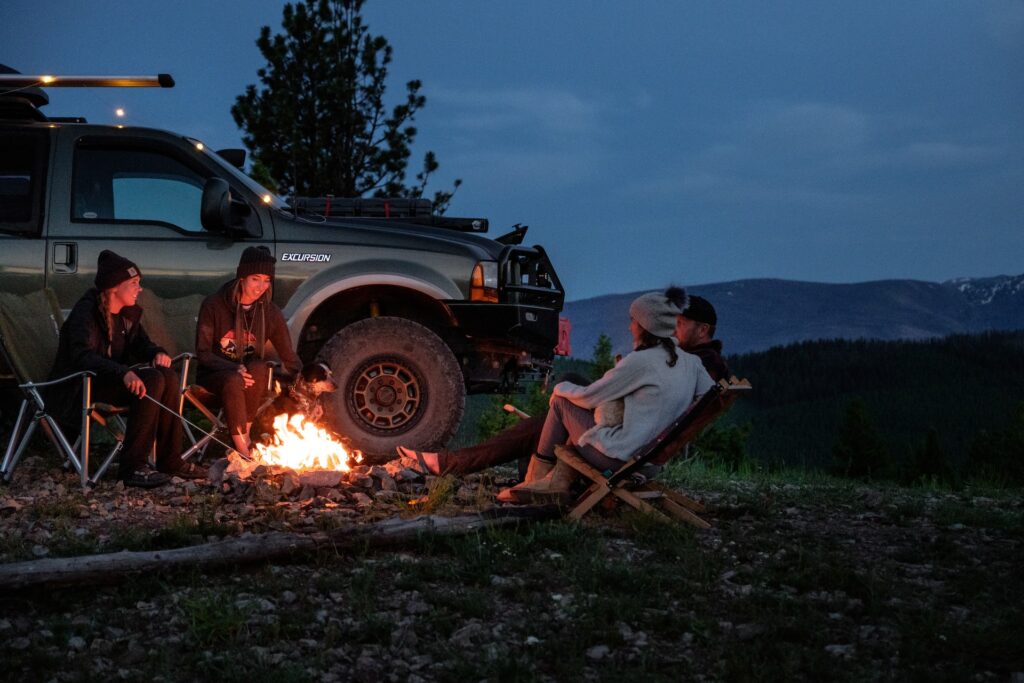
Folding Table and Chairs
While some coolers are designed to double as a table, you sacrifice surface space and utility. Bringing a foldable table for prepping meals and other uses is still better. Pair that with a couple of camping chairs and you’re set up for a fine night of dining under the skies. Some camping chairs are collapsible to save precious storage space and weight.
Lighting
Bring a flashlight or headlamp on camping trips to make navigating in the dark easier. Modern flashlights are brighter, more compact and last longer than the big and bulky ones your dad or granddad used to bring. You can also get a lamp with a warmer tint to make your nights cozier.
Power Source
Get a power source with high-capacity batteries to keep your devices topped up. Power banks are great for daily use at the office or during your commute. In the outdoors, you need a portable power source with enough juice to last the entire trip. Some power sources have a socket for charging portable electric fans and refrigerators.
Sleep Pads and Beddings
You need to prepare if you want to sleep well outdoors. Bring a good sleep pad to get a good night’s rest so you’ll have more energy the next day for activities. Other options include inflatable mattresses, mattress toppers and padded sleeping bags. Sleep is essential if you want to maximize your camping experience. Invest in your sleeping gear if you have the budget.
Water Containers
Spending a few days in the wilderness can be an excellent way to decompress after weeks of hard work. Reward yourself by bringing simple but vital comforts like water containers for washing, drinking and other uses. Top up your water bottles, containers and reservoirs in gas stations, visitor centers and other locations you’ll pass on your trips. Bringing a water filtration system to get clean drinking water is a good idea if you’re camping near a water source.
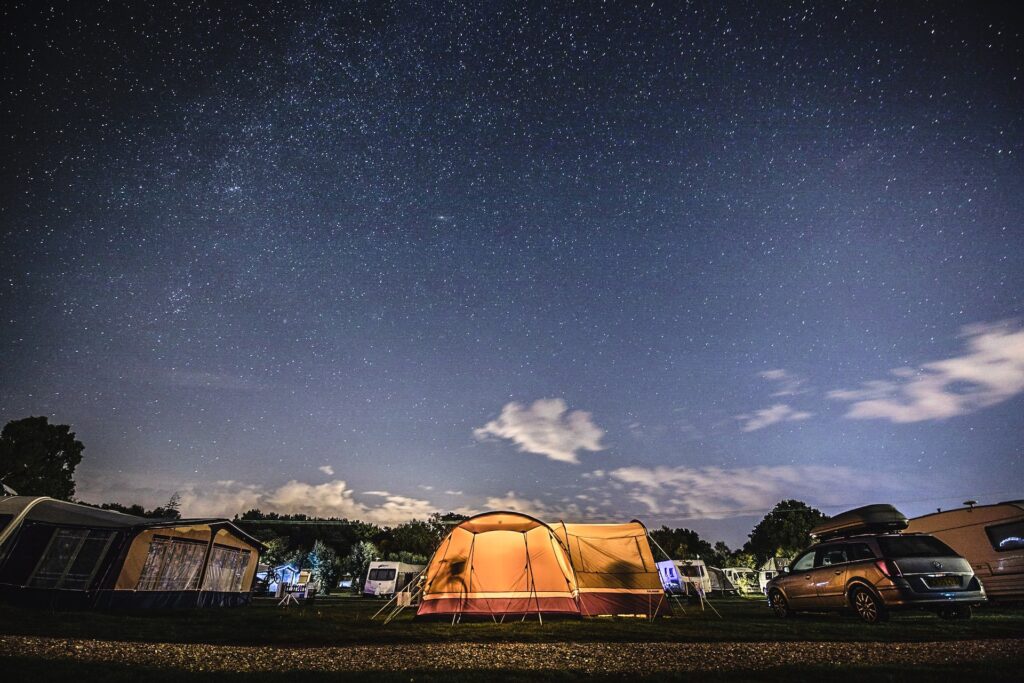
Car Camping Tips
The more you spend time outdoors, the better you understand your needs and preferences. Here are some car camping tips to help you get the most out of your outdoor adventures.
- Plan your trips and check camping rules on public land if you want to do dispersed camping. Always secure permits and display passes before pitching tents at different campgrounds to avoid fines and hassle.
- Open your car windows if you plan to sleep in your car. Cracking opposite windows will let fresh air in while you sleep and keep moisture away. Remember to keep windows open just enough to prevent wild animals and other people from entering.
- Park your vehicles away from roads if you plan on staying near popular campgrounds. Blocking the road is a big no-no in car camping.
- Keep food items in designated containers and dispose of food scraps properly if you’re camping in bear country. The smell of food can attract wild animals from miles away. Err on the side of caution and secure your food correctly.
- Let your loved ones know your itinerary before every trip. Give them the location and list some emergency numbers of nearby park services and ranger stations if you get lost or stranded.
- Go to local nature parks and campsites if you’re new to car camping. Doing this will let you fine-tune your setup and let you explore and scout locations nearby.
- Bring cash whenever you go camping. Many stores — especially in remote areas — only accept cash.
- Always ask for help if you’re unsure where to park or pitch camp. Consult the local ranger station or visitor center. The locals are your best bet for finding your bearings or discovering campsites with fantastic views.
- Always practice the Leave No Trace (LNT) principle. Clean up and make it a habit to leave your camp better than you found it.
- Make it a habit to plan your camping trip before heading out. Use apps and websites with camper-friendly guides to local destinations.
Seek Outdoor Adventures on Your Car
Have fun outdoors and make memories with your friends or loved ones on car camping trips. Your life in the city will be there when you return. Sit around the campfire, share stories and pop open a cold one. You deserve it.
Stay up to date with the latest by subscribing to Modded Minute.
Author
Jack Shaw is a senior writer at Modded. Jack is an avid enthusiast for keeping up with personal health and enjoying nature. He has over five years of experience writing in the men's lifestyle niche, and has written extensively on topics of fitness, exploring the outdoors and men's interests. His writings have been featured in SportsEd TV, Love Inc., and Offroad Xtreme among many more publications.

